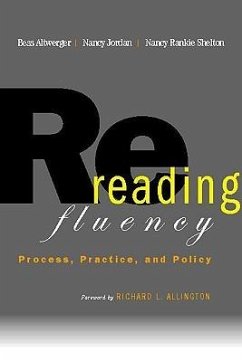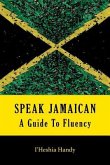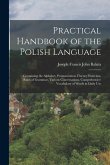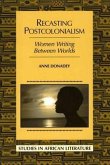Rereading Fluency is an important and timely book. The authors do not just criticize current policies and practices but offer alternatives for improving the quality of reading assessment and instruction. Richard L. Allington Has your school spent tens of thousands or more dollars on fluency-based reading assessment programs? If so, you might be getting less for your investment than you think. Did you know? * There is little consensus on what exactly fluency is. * The NRPs reportthe basis for Reading Firstfailed to support its assertion that it is generally acknowledged that fluency is a critical component of skilled reading. * The relationship between fluency and comprehension may be vastly overstated by the conventional wisdom? Challenging commonly held notions of the effectiveness and importance of fluency, Rereading Fluency provides the vital information any teacher or administrator needs to determine the most effective way to help students read well. Combining a careful review of prior research with findings from their own thorough analysis of more than 120 second grade readers, Bess Altwerger, Nancy Jordan, and Nancy Rankie Shelton detail why, as a measure of reading success, fluency can fall flat. Using a multischool, multiprogram study, they compare the effects of commercial, phonics-based programs and noncommercial literature-based programs on students fluency and overall proficiency. The results will surprise you: * Faster, more accurate readers arent always better comprehenders. * Decoding rates are highly variable among readers with similar comprehension levels. * Commercial, phonics-based programs do not result in better decoding, faster and more accurate reading, or better comprehension. * Performance on fluency assessments says little if anything about students ability to read and understand literature. Altwerger, Jordan, and Shelton dont just dismantle the arguments for considering fluency a key component of reading, they come through with specific critiques of DIBELS and offer better ways to assess reading (effective and efficient, not just fluent) that can improve instruction, assessment, and the success of young readers. Whether your school is about to mandate a commercial reading program or a standardized fluency assessment, or it is trying to get out from under one, make Rereading Fluency, and make your powerful, research-based ally in the battle for improved assessment and instruction.
Bitte wählen Sie Ihr Anliegen aus.
Rechnungen
Retourenschein anfordern
Bestellstatus
Storno




